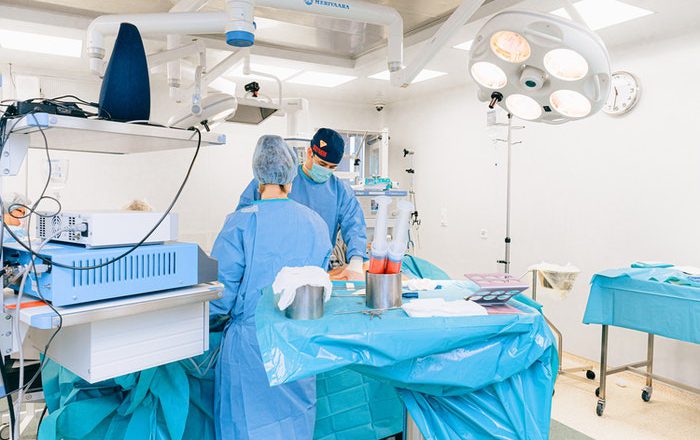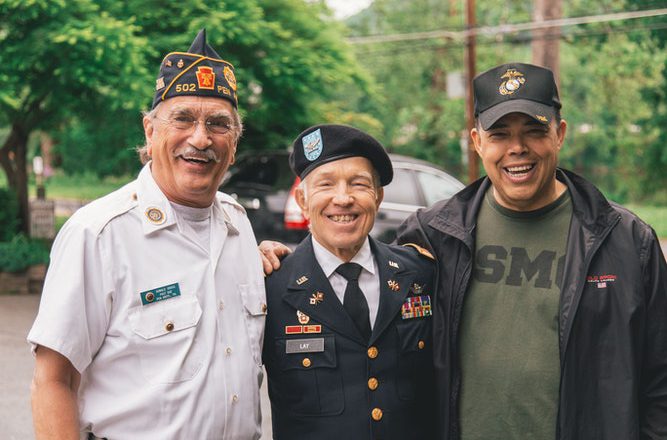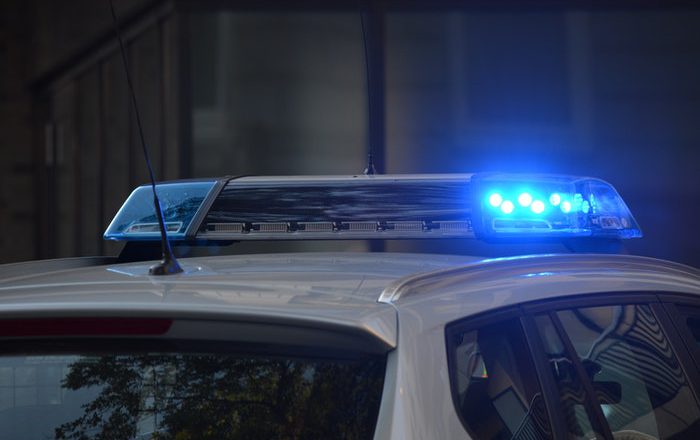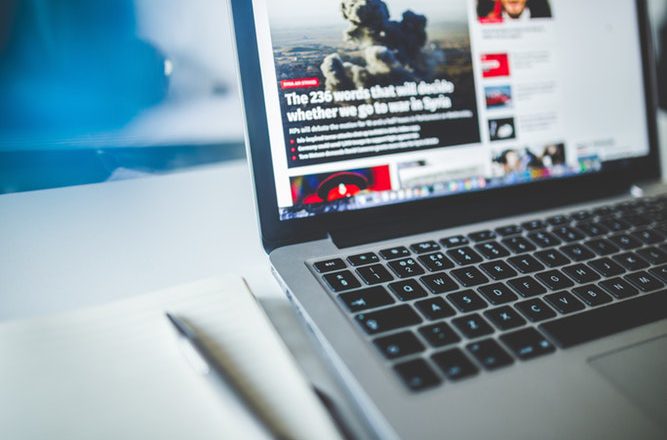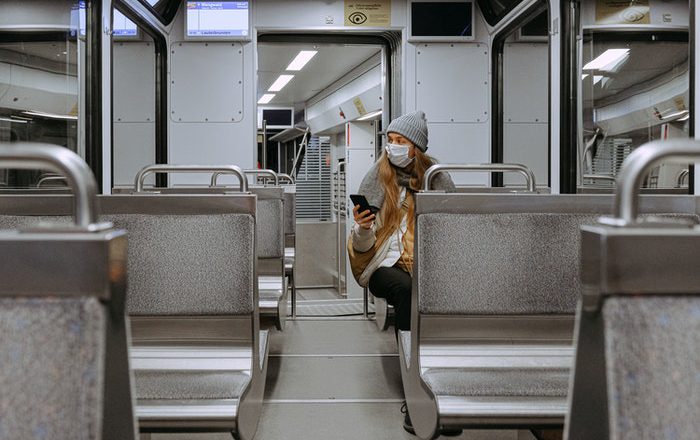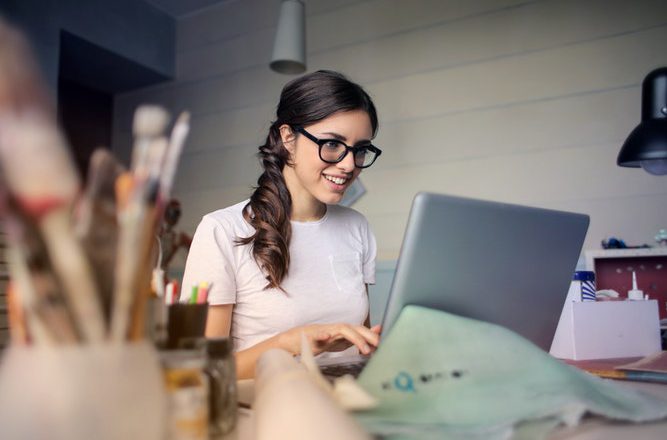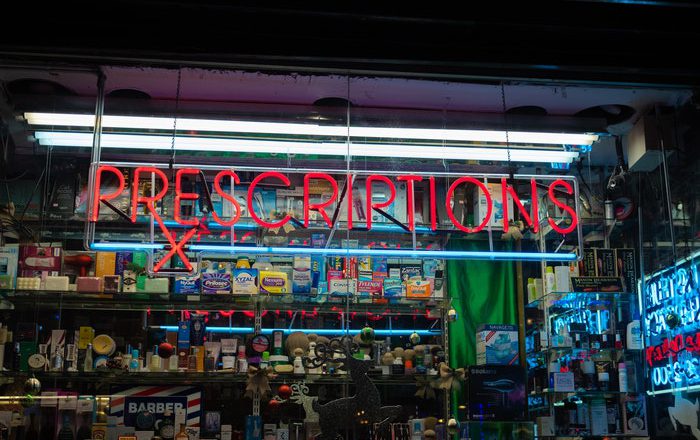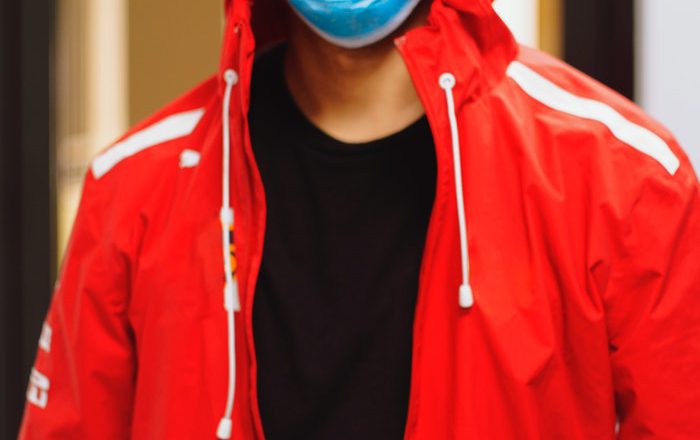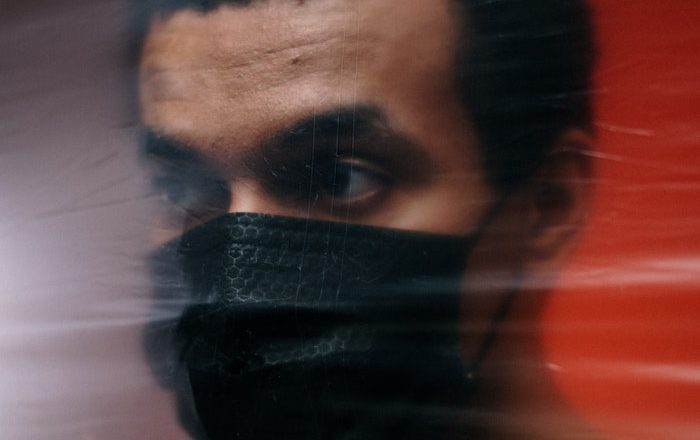Doctors facing grim choice over ventilators told to put patients with disabilities at the back of the line
As cases related to the novel coronavirus continue to strain hospitals, doctors face difficult choices about rationing scarce medical resources like ventilators – choices that will likely determine who lives and who dies.
Several states’ policies tell providers to allocate scarce resources to those most likely to benefit. For example, Washington state recently adopted a policy that favors “the survival of young otherwise healthy patients more heavily than that of older, chronically debilitated patients.” Similar new guidelines have been issued in Massachusetts as well.
In several other states, existing policies that were developed in anticipation of an emergency – including pandemics – recommend rationing that prioritizes giving ventilators to otherwise healthy people who are most likely...
